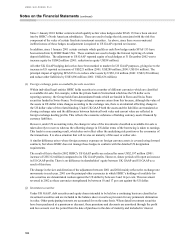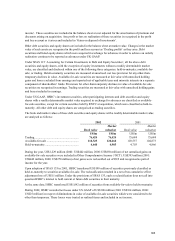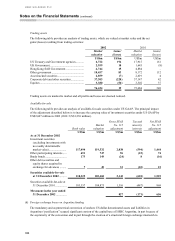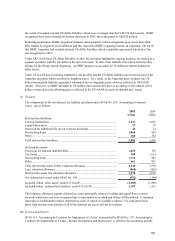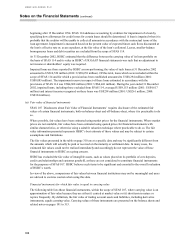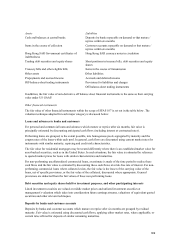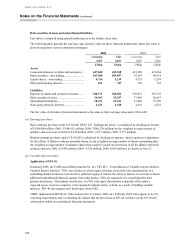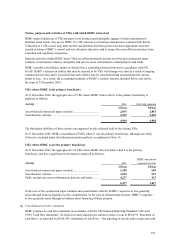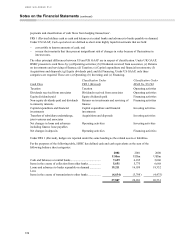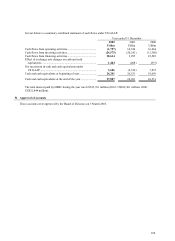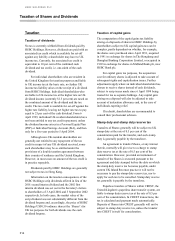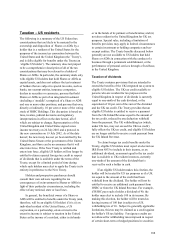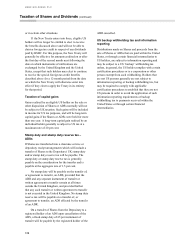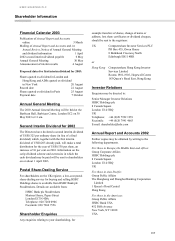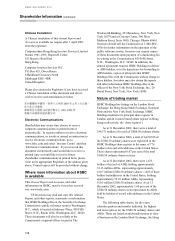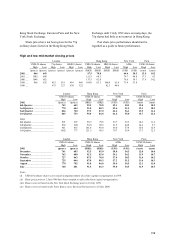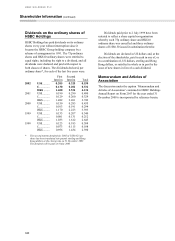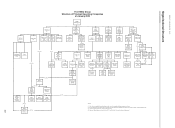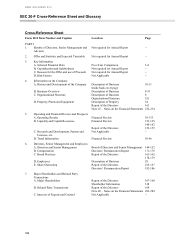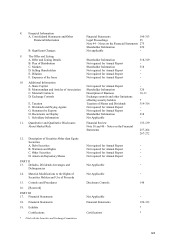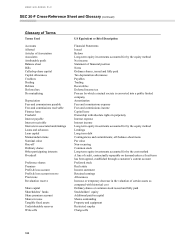HSBC 2002 Annual Report Download - page 316
Download and view the complete annual report
Please find page 316 of the 2002 HSBC annual report below. You can navigate through the pages in the report by either clicking on the pages listed below, or by using the keyword search tool below to find specific information within the annual report.
HSBC HOLDINGS PLC
Taxation of Shares and Dividends
314
Taxation
Taxation of dividends
No tax is currently withheld from dividends paid by
HSBC Holdings. However, dividends are paid with an
associated tax credit which is available for set-off
against any liability a shareholder may have to UK
income tax. Currently, the associated tax credit is
equivalent to 10 per cent of the combined cash
dividend and tax credit, i.e. one-ninth of the cash
dividend.
For individual shareholders who are resident in
the United Kingdom for taxation purposes and liable
to UK income tax at the basic rate, no further UK
income tax liability arises on the receipt of a dividend
from HSBC Holdings. Individual shareholders who
are liable to UK income tax at the higher rate on UK
dividend income (currently 32.5 per cent) are taxed on
the combined amount of the dividend and the tax
credit. The tax credit is available for set-off against the
higher rate liability, leaving net higher rate tax to pay
equal to 25 per cent of the cash dividend. From 6
April 1999, individual UK resident shareholders have
not been entitled to any tax credit repayment, unless
the dividend income arises in a Personal Equity Plan
(PEP) or Individual Savings Account (ISA), and then
only for a five-year period to 5 April 2004.
Although non-UK-resident shareholders are
generally not entitled to any repayment of the tax
credit in respect of any UK dividend received, some
such shareholders may be so entitled under the
provisions of a double taxation agreement between
their country of residence and the United Kingdom.
However, in most cases no amount of the tax credit is
in practice repayable.
Dividends paid by HSBC Holdings are generally
not subject to tax in Hong Kong.
Information on the taxation consequences of the
HSBC Holdings scrip dividends offered in lieu of the
2001 second interim dividend and the 2002 first
interim dividend was set out in the Secretary’ s letters
to shareholders of 3 April 2002 and 5 September 2002
respectively. In both cases, the market value of the
scrip dividend was not substantially different from the
dividend forgone and, accordingly, the price of HSBC
Holdings US$0.50 ordinary shares (the ‘Shares’ ) for
UK tax purposes for both dividends was the cash
dividend forgone.
Taxation of capital gains
The computation of the capital gains tax liability
arising on disposals of shares in HSBC Holdings by
shareholders subject to UK capital gains tax can be
complex, partly dependent on whether, for example,
the shares were purchased since April 1991, acquired
in 1991 in exchange for shares in The Hongkong and
Shanghai Banking Corporation Limited, or acquired in
1992 in exchange for shares in Midland Bank plc, now
HSBC Bank plc.
For capital gains tax purposes, the acquisition
cost for ordinary shares is adjusted to take account of
subsequent rights and capitalisation issues. Further
adjustments apply where an individual shareholder has
chosen to receive shares instead of cash dividends,
subject to scrip issues made since 6 April 1998 being
treated for tax as separate holdings. Any capital gain
arising on a disposal will also be adjusted to take
account of indexation allowance and, in the case of
individuals, tapering relief.
If in doubt, shareholders are recommended to
consult their professional advisers.
Stamp duty and stamp duty reserve tax
Transfers of Shares generally will be subject to UK
stamp duty at the rate of 0.5 per cent of the
consideration paid for the transfer, and such stamp
duty is generally payable by the transferee.
An agreement to transfer Shares, or any interest
therein, normally will give rise to a charge to stamp
duty reserve tax at the rate of 0.5 per cent of the
consideration. However, provided an instrument of
transfer of the Shares is executed pursuant to the
agreement and duly stamped before the date on which
the stamp duty reserve tax becomes payable, under
current UK Inland Revenue practice it will not be
necessary to pay the stamp duty reserve tax, nor to
apply for such tax to be cancelled. Stamp duty reserve
tax generally is payable by the transferee.
Paperless transfers of Shares within CREST, the
United Kingdom’ s paperless share transfer system, are
liable to stamp duty reserve tax at the rate of 0.5 per
cent of the consideration. In CREST transactions, the
tax is calculated and payment made automatically.
Deposits of Shares into CREST generally will not be
subject to stamp duty reserve tax, unless the transfer
into CREST is itself for consideration.


